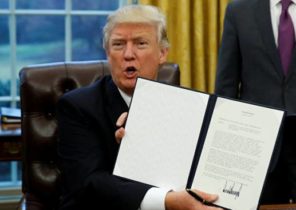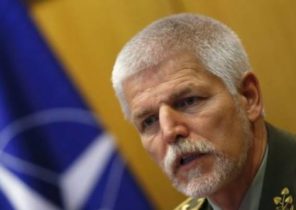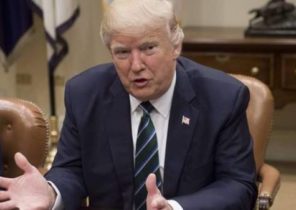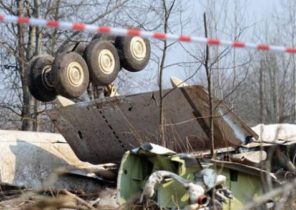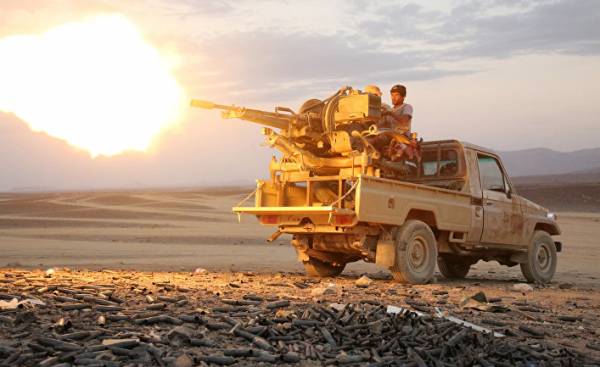
Tensions between America and Russia have now affected the situation in Yemen, although the parties have not accused each other of failure of settlement of the conflict in this country, as is happening between them in Syria. Syria is the leading arena of struggle for influence and one of the problems impeding the normalization of relations between the two countries.
Trump administration announced that it supports its allies in the Persian Gulf, creating a military Alliance that aims to defend the legitimate authority in Yemen and put an end to the power of the Houthis, who are supported by Iran. While Washington clarifies its position in relation to the Yemeni crisis, Russia also began to show greater interest in this issue. So, the Russian leadership has strongly opposed the possible action for the liberation of the port of Hodeidah or the capital of Yemen — Sana’a.
The fact that at the present time the administration of President trump is considering taking measures to increase its support for the Arab coalition. Among them are such as the removal of restrictions on the sale of arms, the assistance of American intelligence, providing aircraft with aviation fuel, and the most important thing is to support possible operations to liberate the port of Hodeidah as the only outlet to the sea, remaining under the control of the Houthis. This operation will block the major channel for the smuggling of arms and funding necessary for the Houthis to conduct military operations.
During his visit to Riyadh by the Minister of defence of the USA James Mattis stressed the need to stop the launch of the Iranian missiles, which the movement of the Houthis uses for attacks on Saudi territory, and thereby give Iran to understand that Washington would not allow him to repeat the scenario of Hezbollah in Yemen.
General James Mattis said that the movement of the Houthis — the same armed groups, like Hezbollah, and warned that they have no political future in the country, until they break relations with Tehran. Thus the Minister of defence confirmed that the new US administration decided to fight the Pro-Iranian groups in the region, including in Yemen, thus supporting its allies in the Persian Gulf.
In turn, changes in US policy on Yemen direction given Russia the opportunity to exert pressure on Washington, blaming him for the deterioration of the humanitarian situation in Yemen. It should be seen as the response of the Russian leadership to expand the American presence in Syria, both militarily and politically.
In Geneva, where was held a conference on Yemen, the Deputy Minister of foreign Affairs of Russia Gennady Gatilov spoke out against the operation for the liberation of the port of Hodeidah or Yemeni capital. He stressed that such operations are unacceptable and the continuation of the war serves the interests of terrorists. This statement should be seen as a message to the White house, which is considering such a step. Warning from Russia was made only a few days after the “Nezavisimaya Gazeta” published an article in which it was noted that any action the United States for the liberation of al Hudaydah will be deemed to be occupation of the port, which will initiate a new conflict between Russia and the United States.
On the Yemeni territory, Russia has no military bases in Syria. She also supported President Hadi. However, whenever Western countries are increasing their pressure on Russia, trying to win concessions in other areas, Moscow in opposition to stepping up its role in the Yemeni conflict. This was the reason she joined the Committee for Yemen, which also includes USA, UK, Saudi Arabia, UAE, and more recently Oman, to thereby have the same effect in Yemen, as Washington.
Most of all in this regard can hurt the interests of Russia against States in the Persian Gulf, but in the international arena the player who has the levers of international influence, such as, for example, a permanent seat in the UN Security Council. Russia can use them to achieve political and economic results on any issues.

